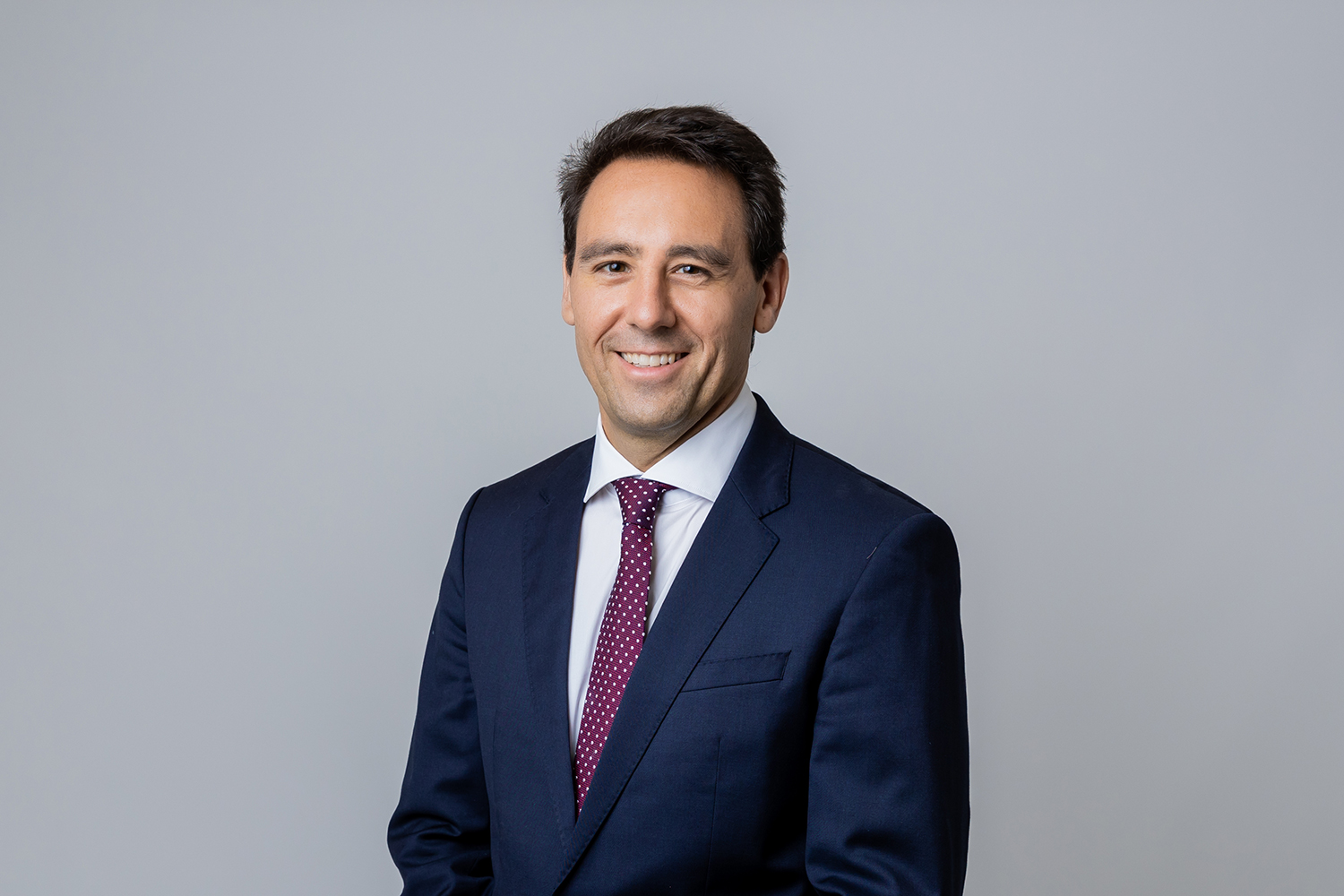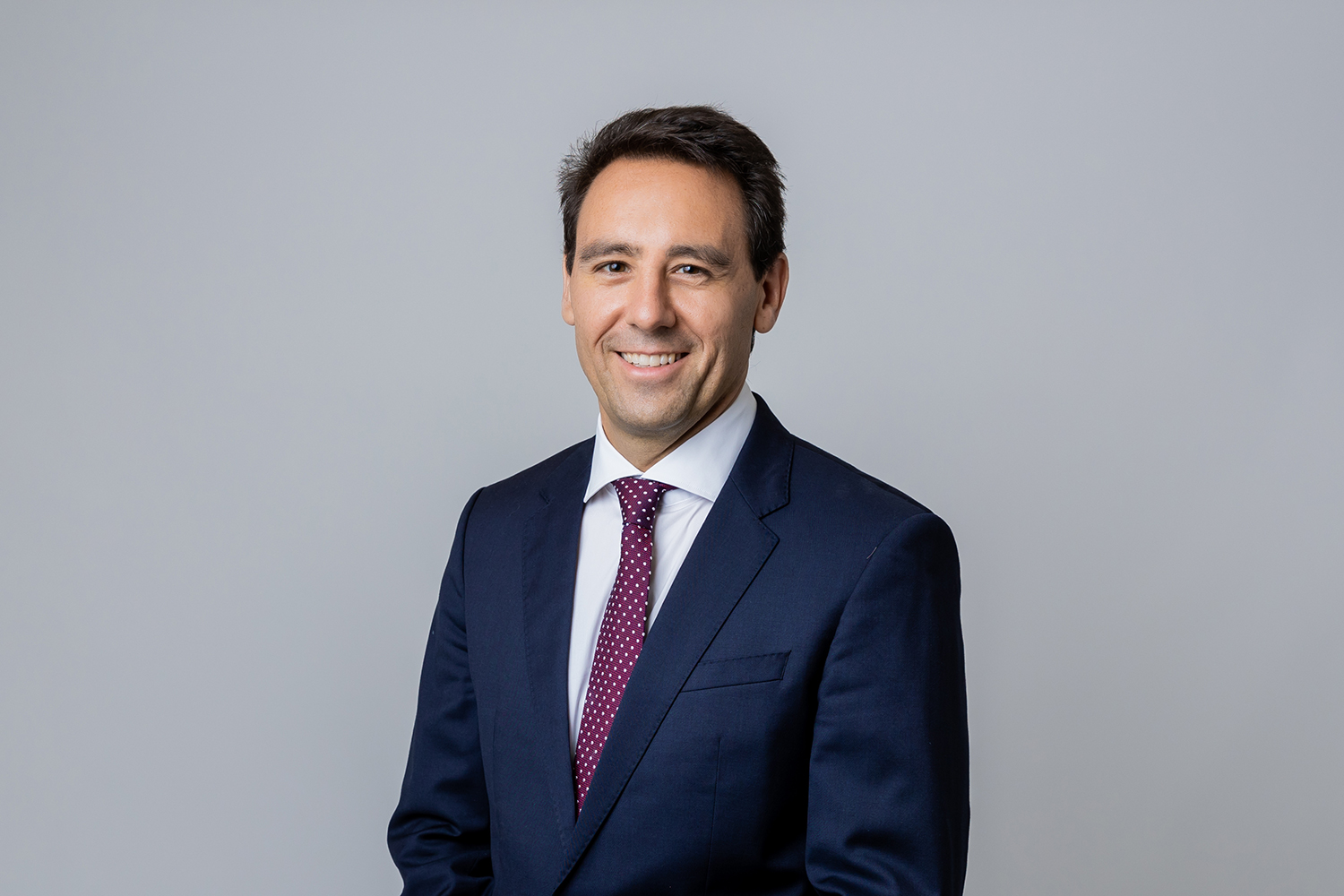
Mark Santangeli
Partner | Legal
Cayman Islands

Mark Santangeli
Partner
Cayman Islands
No Content Set
Exception:
Website.Models.ViewModels.Components.General.Banners.BannerComponentVm
The Cayman Islands is regarded by owners, financers and operators as a preeminent jurisdiction for private aircraft registration. There is also growing interest in the Cayman Islands Aircraft Registry (the Cayman Register) for the registration of commercial aircraft.
This briefing explores some of the key reasons for registering an aircraft in the Cayman Islands, as well as an overview of the registration process for private aircraft.
The Cayman Islands is a major offshore financial centre which provides a stable jurisdiction for the registration of aircraft. With a highly-developed legal system based on English law, the Cayman Islands boasts an established ecosystem of advisers who can assist with aircraft registration as well as structuring advice and entity formation if required.
The Cayman Islands does not charge corporation or any other direct tax, and there are no other taxes on companies carrying on business within or outside the Cayman Islands. An aircraft finance structure involving a Cayman Islands vehicle will therefore minimise any potential tax leakage in the deal.
In addition, in cases where Stamp Duty is payable in an aircraft finance transaction (for example, stamp duty of up to CI$500 / US$610 may be levied in connection with an instrument creating a security interest), proper structuring ensures that this can be kept at a minimal level.
In cases where an aircraft is financed, financiers will wish to consider carefully where the aircraft and any security over it is registered. The Cayman Islands offers a stable and creditor-friendly regime and, following the extension of the Cape Town Convention to the Cayman Islands in 2015, creditors and security-holders enjoy additional Cape Town protections relating to the perfection, registration and priority of security interests.
The Cayman Register can be used to register an aircraft in the "private" category, which has been expanded to include all turbo-jet aircraft, all other aircraft above 5,700kg and helicopters that are based on yachts. Private aircraft for these purposes are those not used in commercial operations for hire or reward. With a register boasting Boeing Business Jet, Airbus A320, Gulfstream GIV and GVs, Falcon 900B, Falcon 2000, Hawker 900XP and Bombardier Global Express, the Cayman Islands offers the registration jurisdiction of choice for high-net-worth individuals.
There is also increasing interest in the Cayman Register to register commercial aircraft, and in recent years some commercially-operated aircraft have been successfully registered in Cayman.
A Cayman Islands registration benefits from a low profile, neutral registration mark, as opposed to a US or European mark. This neutrality may offer a compromise for owners and financiers, and is valuable when operating in areas of the world which are susceptible to political instability or with heightened security risks.
The Cayman Islands registration mark is "VP-C" followed by two subsequent letters which make the mark unique. The applicant may request and reserve a specific registration mark at the time of application; otherwise the next sequential mark is assigned when the application is accepted.
The Cayman Islands Civil Aviation Authority (CAACI) acts under the purview of the British Civil Aviation Authority and offers a streamlined and efficient application service. Applications can be made through their online portal VP-C Online. In contrast to a number of other registers, the CAACI are responsive and available to answer owners and operators' queries promptly. The process of registration generally takes two to three weeks to complete.
In order to register an aircraft in the US, the owner must be a "citizen of the United States". An increasing number of US corporations have historically operated US-registered aircraft but, following mergers or acquisitions, these corporations are finding that they are classed as "non-citizens" for the purpose of a US Registration Application. In those instances, where operators cannot fulfil the criteria that their aircraft are primarily based and used in the US, a Cayman Islands registration offers a valuable alternative.
For those seeking confidentiality and discretion, registration in the Cayman Islands is generally confidential and not a matter of public record. By contrast, the FAA Registry (the US aircraft register) is public and can be accessed online.
The Cayman Register is rated as a "Category 1 Aviation Regulatory Authority" by the US Federal Aviation Administration, which denotes a high standard of safety oversight by the CAACI. A Category 1 rating means that air carriers from Cayman may initiate or continue service to the US in a normal manner and take part in reciprocal code-share arrangements with US carriers.
An aircraft may not be "type-certified" elsewhere. By registering on the Cayman Register, the expense of being the first to register a given type of aircraft elsewhere can potentially be avoided.
This process relates to aircraft in the "private category" only.
As soon as the CAACI receives a registration application they will begin the financial and legal due diligence process. This process is used to assess whether the aircraft and owner are suitable for the Cayman Register.
The registration application must be accompanied by various corporate documents, including:
• the company's certificate of incorporation
• list of authorised company signatories and sample signatures
• a general description of the company's activities, main base of aircraft operations and geographical areas
• statement that the aircraft will only be operated within the definition of "private category"
For the application to proceed beyond the due diligence stage, 50% of the cost of a Certificate of Airworthiness must be paid at this stage by way of deposit.
At this point, the registrant must also prove eligibility under the Air Navigation (Overseas Territories) Order 2007 to hold a legal or beneficial interest in an aircraft, or a share thereof, registered on the Cayman Register. Eligible persons include:
• Commonwealth Citizens
• British Protected Persons
• Bodies incorporated in some part of the Commonwealth and having their principal place of business in any part of the Commonwealth. This is typically achieved by ownership through a Cayman Islands company.
Ogier Global offers integrated legal and corporate and fiduciary services and our expert corporate services team can assist with incorporating a Cayman vehicle to hold title to the aircraft.
When the registration application is submitted, the desired registration mark can be requested and reserved. Once due diligence has been completed the CAACI will advise whether they formally accept the aircraft and owner onto the Register.
An airworthiness survey of the aircraft then needs to take place. This will be completed by a CAACI surveyor and normally takes two days to complete on-site; it is usually necessary for the aircraft to be in the Cayman Islands at this stage. It is possible however for arrangements to be made for the inspection to take place elsewhere.
A "Maintenance Schedule" in compliance with the aircraft manufacturer's recommended maintenance programme must be submitted for approval. If this is not available, maintenance must be conducted in compliance with a schedule developed by an approved maintenance organisation. The term "Approved Maintenance Organisation" means one that is acceptable to the CAACI.
At this stage, a number of technical forms must be completed and submitted to the CAACI.
Once a satisfactory Airworthiness Survey is obtained, the surveyor will make a recommendation for the issue of a Certificate of Airworthiness. Once the CAACI receives an Export Certificate of Airworthiness (or equivalent document) from the existing state of registry, the de-registration process can be initiated.
It is important that deregistration does not commence until the due diligence process is completed by the CAACI; an aircraft cannot be flown once it has been de-registered until it is registered in the Cayman Islands and issued with a Certificate of Airworthiness and all other documents.
Upon receiving notification from the existing state of registry that the aircraft has been removed from the register, a Cayman Certificate of Registration, Certificate of Airworthiness and all associated certification documents can be issued.
The process of registering an aircraft on the Cayman Register is generally straightforward and, with the right advice and assistance, can be completed quickly. Ogier's specialist teams are able to assist with all aspects of aircraft registration in the Cayman Islands, including advice on and the formation and management of trust and company structures.

Mark Santangeli
Partner | Legal
Cayman Islands

Mark Santangeli
Partner
Cayman Islands

Tommy Tuohy
Partner | Legal
Cayman Islands

Tommy Tuohy
Partner
Cayman Islands

Hannah Diss
Managing Associate | Legal
London, Cayman Islands, British Virgin Islands

Hannah Diss
Managing Associate
London, Cayman Islands, British Virgin Islands
Ogier is a professional services firm with the knowledge and expertise to handle the most demanding and complex transactions and provide expert, efficient and cost-effective services to all our clients. We regularly win awards for the quality of our client service, our work and our people.
This client briefing has been prepared for clients and professional associates of Ogier. The information and expressions of opinion which it contains are not intended to be a comprehensive study or to provide legal advice and should not be treated as a substitute for specific advice concerning individual situations.
Regulatory information can be found under Legal Notice
Sign up to receive updates and newsletters from us.
Sign up
No Content Set
Exception:
Website.Models.ViewModels.Blocks.SiteBlocks.CookiePolicySiteBlockVm